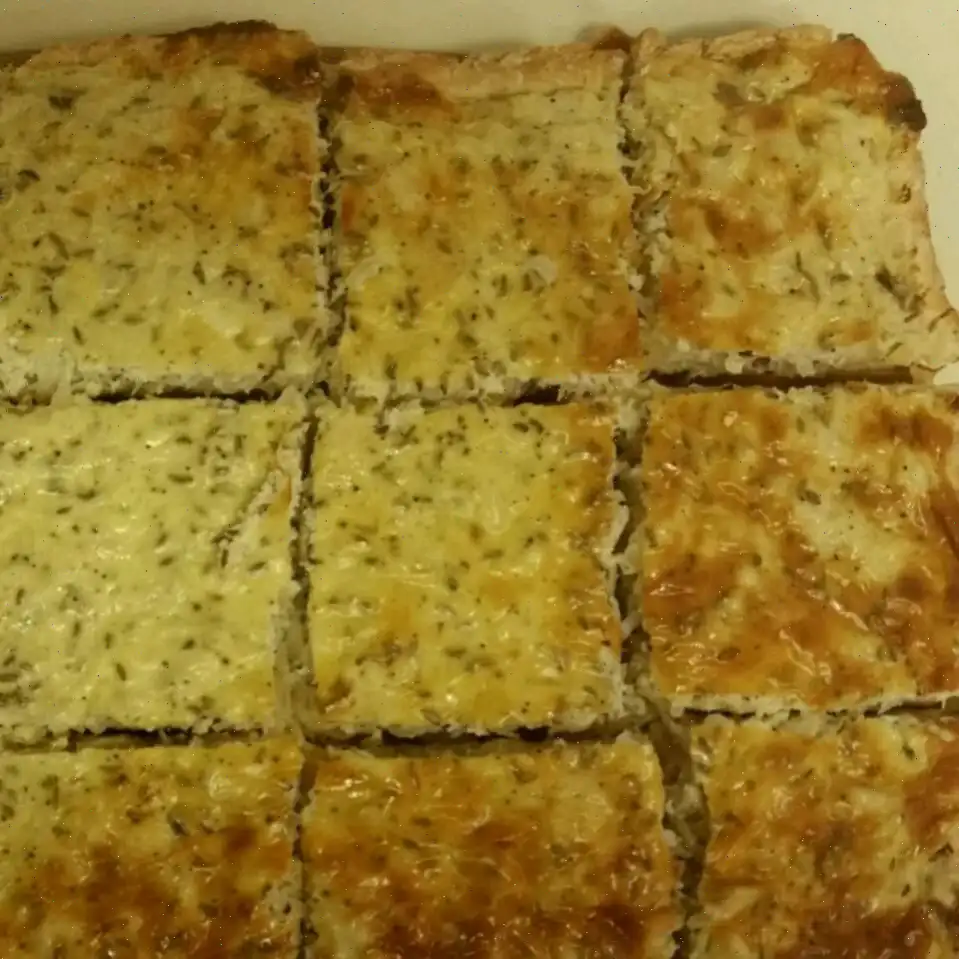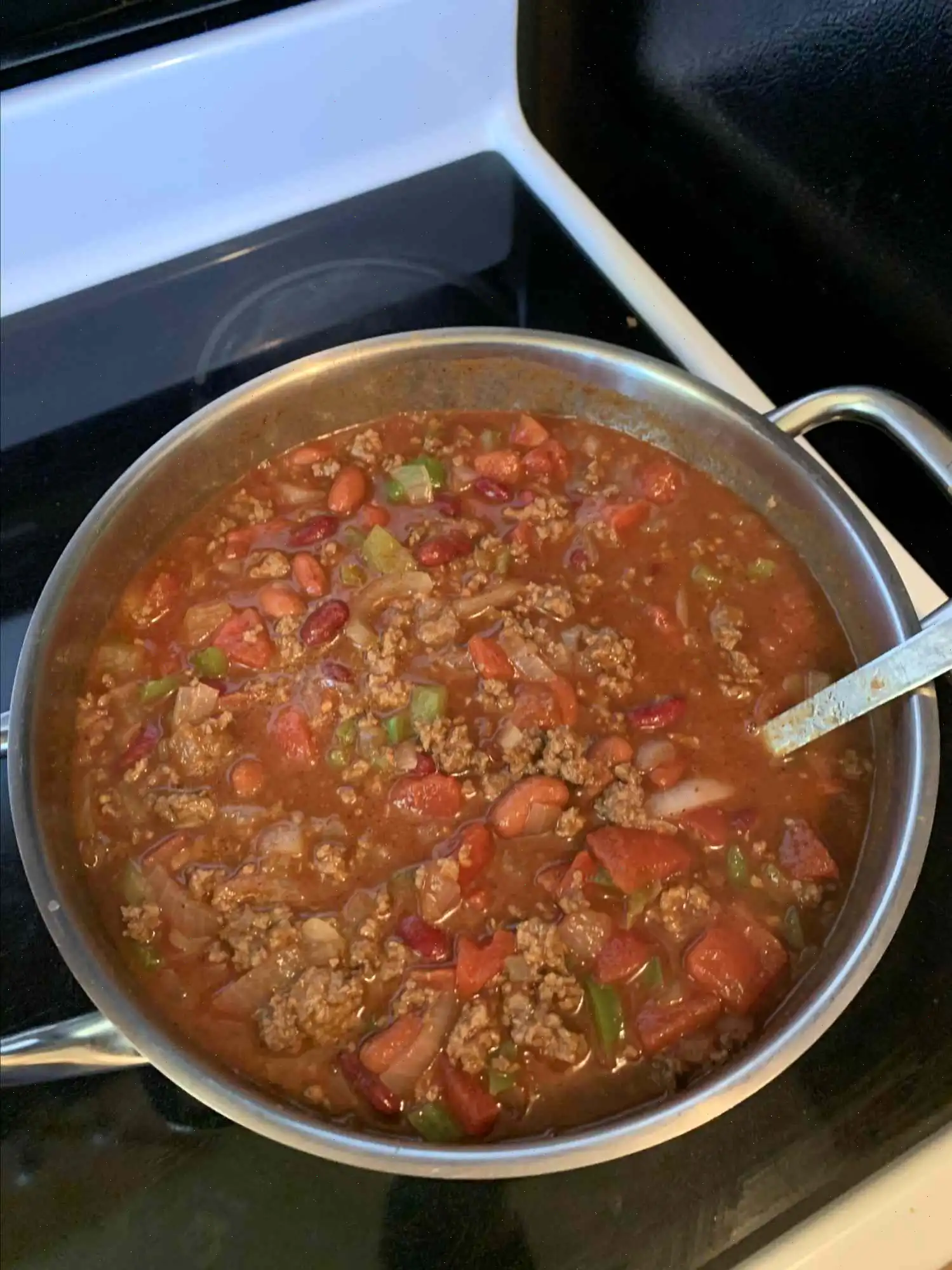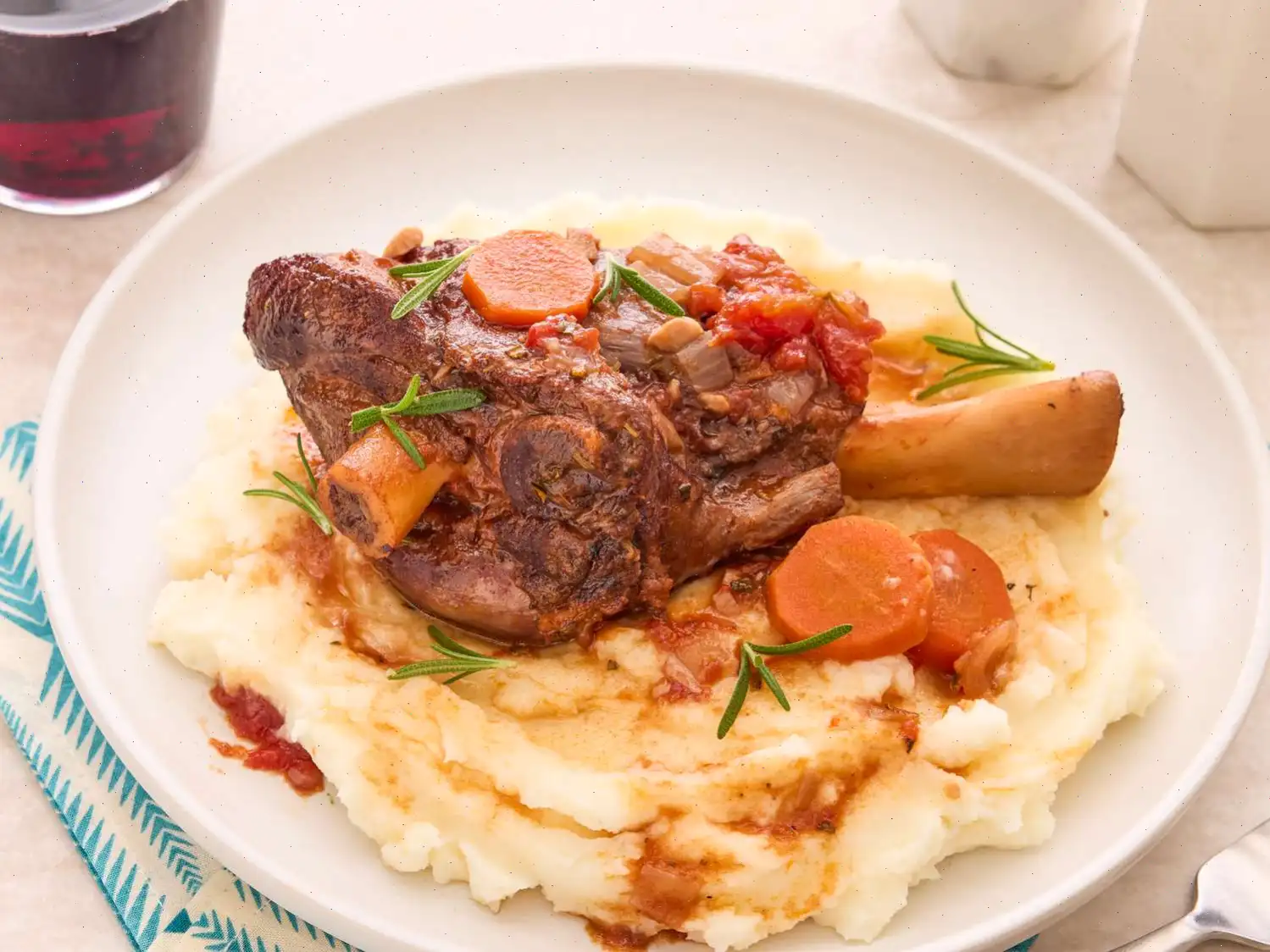
Sauerkraut on Bread Dough Recipe
Ingredients
- 1 (0.6 ounce) cake compressed fresh yeast
- cup water
- 1 tablespoon white sugar
- 1 teaspoon salt
- cup clarified butter, melted
- 2 cups all-purpose flour
- 1 cup bacon, cut into 1/2 inch pieces
- 1 cups sour cream
- 4 eggs
- 1 tablespoon caraway seed
- Ground nutmeg, to taste
- Salt and pepper, to taste
- 1 (20 ounce) can sauerkraut, drained
Directions
- Crumble the yeast into a small bowl. Add sugar and water, then stir with a fork until the yeast dissolves. Let the mixture sit for 15 minutes, then stir in salt and melted clarified butter.
- Pour the flour into a large bowl, making a well in the center. Pour in the yeast mixture, then knead the dough for about 12 minutes until smooth and elastic. Return the dough to the bowl, cover with a cloth, and let it rise in a warm place for about 1 hour or until it doubles in size.
- While the dough is rising, cook the bacon in a skillet over medium heat until nearly crispy. Drain the fat and set aside.
- In a separate bowl, mix together the sour cream, eggs, caraway seeds, nutmeg, salt, and pepper. Stir until smooth and set aside.
- Preheat the oven to 350F (175C).
- Once the dough has risen, roll it out into a rectangle that fits your baking sheet. Place the dough onto the baking sheet and sprinkle with the cooked bacon.
- Evenly spread the well-drained sauerkraut over the dough, then drizzle the sour cream and egg mixture on top.
- Bake in the preheated oven for 40 minutes, or until the top is golden brown and the bottom is also slightly browned.
- Let the bread cool slightly, then cut into squares to serve.
Nutrition Facts (per serving)
- Calories: 315
- Total Fat: 21g (26% Daily Value)
- Saturated Fat: 10g (51% Daily Value)
- Cholesterol: 99mg (33% Daily Value)
- Sodium: 680mg (30% Daily Value)
- Total Carbohydrate: 25g (9% Daily Value)
- Dietary Fiber: 2g (8% Daily Value)
- Total Sugars: 2g
- Protein: 8g (16% Daily Value)
- Vitamin C: 7mg (8% Daily Value)
- Calcium: 66mg (5% Daily Value)
- Iron: 2mg (13% Daily Value)
- Potassium: 219mg (5% Daily Value)
* Percent Daily Values are based on a 2,000 calorie diet. Your daily values may be higher or lower depending on your calorie needs.

History of Sauerkraut on Bread Dough
Sauerkraut on bread dough is a rustic dish with deep roots in Central European cuisine, particularly Germany and Austria. The combination of sauerkraut and bread is a reflection of the simple, hearty meals enjoyed by peasants in the region for centuries. It evolved from the need to use available ingredients like sauerkraut (fermented cabbage) and basic dough, often seen as a way to extend the shelf life of perishable goods. Sauerkraut was, and still is, a staple due to its long shelf life, especially during winter months when fresh produce was scarce.
Regional Features
This dish is commonly associated with the southern regions of Germany, including Swabia and Bavaria, where hearty meals with bread and pickled vegetables are cherished. In these areas, its often enjoyed as a filling snack or a light meal paired with cold beer or a crisp white wine, such as a German Riesling. In Austria, similar variations of this recipe exist, sometimes topped with different meats or seasoned with various herbs, depending on regional preferences.
Differences from Similar Dishes
Sauerkraut on bread dough shares some similarities with dishes like the German "Flammkuchen" or Alsatian "Tarte Flambe," which are also flatbread topped with savory ingredients. However, the main difference lies in the use of sauerkraut and the sour cream mixture that adds a creamy texture and tangy flavor. The dough used in this recipe is also richer, thanks to the inclusion of clarified butter and eggs, making it more substantial than a typical flatbread or pizza base. Additionally, this dish is less crispy than Flammkuchen, which is baked at a higher temperature for a shorter time.
Where is it Typically Served?
Sauerkraut on bread dough is most often served in German beer gardens, taverns, and rustic country inns, especially in the colder months when hearty, comforting food is most appreciated. It's commonly featured as an appetizer or light meal during gatherings or celebrations. The dish pairs wonderfully with a cold beer, making it a popular choice in German and Austrian restaurants. In some places, it may even be served at family gatherings, where its enjoyed as part of a larger spread of traditional fare.
Interesting Facts
- Though sauerkraut is often associated with German cuisine, it actually originated in China and was brought to Europe by the Mongols during the 13th century.
- Sauerkraut is known for its health benefits, particularly its probiotics, which are good for digestion and overall gut health.
- In Germany, "Sauerkraut" is traditionally served with sausages, but it also makes an excellent topping for flatbreads and savory pastries.
- The combination of sauerkraut, bacon, and sour cream in this dish gives it a deliciously rich, smoky, and tangy flavor profile.
- Traditionally, this dish would have been baked in a wood-fired oven, which added a unique smoky flavor to the bread and toppings.
FAQ about Sauerkraut on Bread Dough Recipe
Comments
Tyler Rodriguez
01/13/2025 11:41:47 AM
I rated this product 4 stars simply because I personally don't enjoy caraway seeds and sauerkraut. Despite that, I find it delicious and still recommend it.








